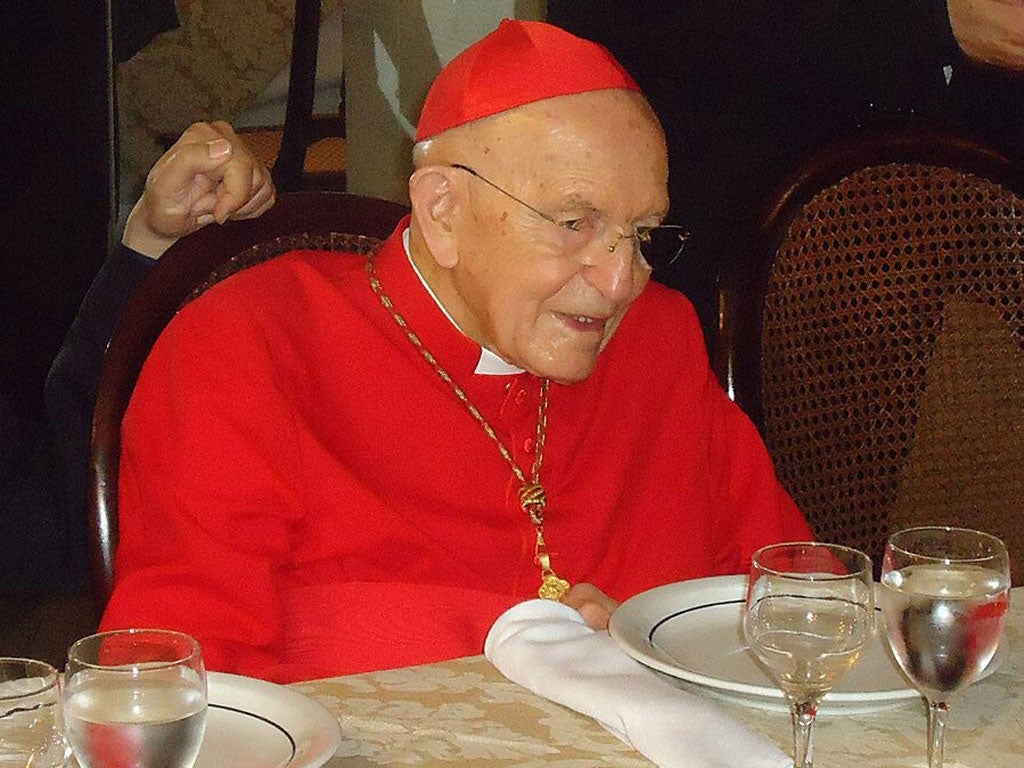Briefly: Archbishop Eugenio de Araujo Sales

Eugenio de Araujo Sales, who died of a heart attack in his sleep on 9 July at the age of 91, was Rio de Janeiro's former archbishop who provided shelter to thousands of people opposed to the military regimes that once ruled Brazil, Argentina and Chile.
Sales was ordained as a priest in 1943 in the north-eastern city of Natal. In 1971 he became Archbishop of Rio de Janeiro, a position he held until 2001 when he retired. The year before that he told the O Globo newspaper that between 1976 and 1982 he provided shelter to around 5,000 Brazilian opponents of the military regime that ruled Brazil from 1964 to 1985, as well as to political refugees fleeing the dictatorships of Argentina and Chile.
He said at the time that those he helped were either put up in 80 apartments rented by the archdiocese or received help to travel to other counties, mostly in Europe.
Following the fall of the military dictatorship and Pope John Paul II's reining-in of theological dissent, Sales became the Brazilian church's most prominent voice against what he saw as dissent from Catholic moral teaching in the country. In the 1990s he made efforts to become a cultural leader in this struggle, going so far as to oppose the traditional Carnival in Rio de Janeiro with a "festival of prayer", which he saw as opposing trends towards sexual libertinism in modern Brazil.
The Brazilian president Dilma Rousseff said Sales will be remembered for "his concern with social issues which was always closely linked to his ecclesiastical work."
Join our commenting forum
Join thought-provoking conversations, follow other Independent readers and see their replies
Comments
Bookmark popover
Removed from bookmarks